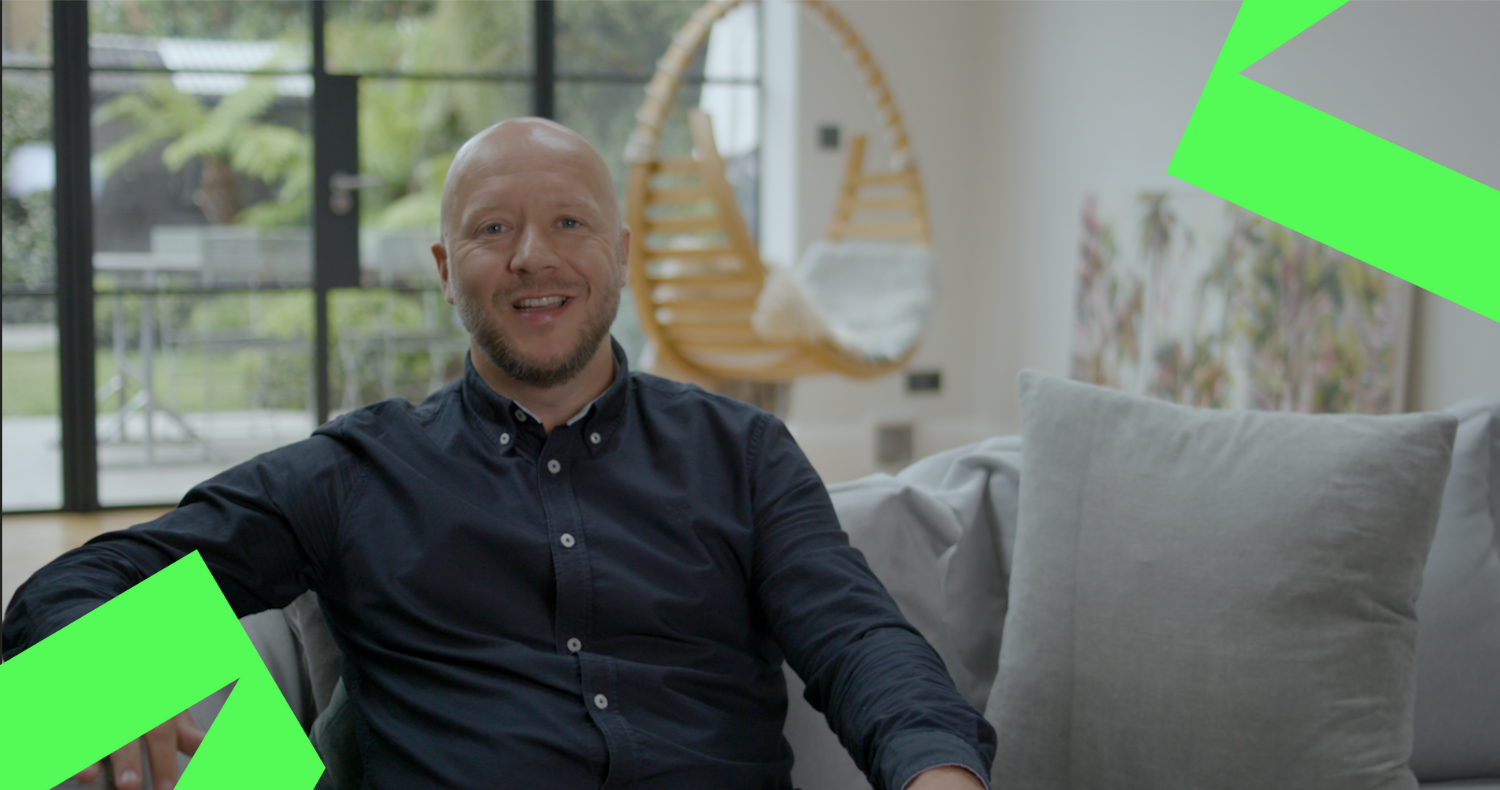
Despite the old saying that ‘good leaders are born, not made’, few people are lucky enough to be born with all the qualities of a brilliant leader. In fact, it’s fair to say that all leaders have moments of self-doubt, as well as numerous areas where they would like to improve their leadership skills. So, if you feel like you need to work on your own leadership abilities, or enhance certain areas of your performance, you’re not alone.
It goes without saying that great leadership plays a huge part in organisational success, so investing in leadership development is a no brainer. And thankfully, contrary to that old adage, the truth is that anybody can become a great leader – if they have the motivation to develop the right skills and behaviours. Furthermore, staying humble and having a drive for continuous learning is part of what great leadership is all about.
That isn’t to say that learning to be a great leader is easy. Everybody’s leadership style is different, with different strengths and areas for improvement. Unfortunately, there isn’t a textbook that you can follow to get it right, which is where the value of coaching comes in. It gives you a space in which to talk through and analyse your goals, challenges and doubts, and develop solutions that work for you.
How well do we really know ourselves? We might think we know our own personality, and we certainly know how we feel. But we rarely get an insight into how other people see us or fully understand how this affects how they respond to us. As a result, some of your biggest leadership strengths could be hidden from you, simply because nobody has ever brought them to your attention. This is one of the big benefits that a coach can bring, helping you to recognise your hidden strengths and identify ways to use them more in your day-to-day role.
On the flipside, a coach can also help you to identify and prioritise the key areas that you want or need to work on, and to consciously set goals related to those areas. Having a regular coaching session means that you’re able to track your progress against your goals, address and overcome any stumbling blocks, and also recognise where you are making headway, giving you vital motivation to keep moving forward.
Coaches are experts at asking the right questions to drill down into the issues you face and helping you to identify patterns in the situations that you’re struggling with. Gaining that external perspective helps you to reassess the drivers, judgements and assumptions that are feeding your behaviour – and the behaviour of others – to look at them in a different way and develop ways to address those going forward. Coaches also come armed with a wealth of leadership techniques and methodologies, which they can help you to apply to your day-to-day work.
Good communication is vital to effective leadership however getting it right all the time can be a challenge. Certain communication styles might not work with particular personalities and many leaders find that they can hit a barrier with particular members of their team, or when dealing with difficult situations or conflicts. A coach will help you to analyse your own communication approach objectively and understand where you might not be conveying what you really mean as clearly as you would like. Furthermore, coaching can also help you to understand the importance of active and reflective listening for achieving positive outcomes from your interactions.
An ability to make decisions, often under pressure, and then bring your team with you, is one of the most important responsibilities of a leader. Some leaders shy away from making big decisions, or struggle to decide on the best approach, and this can hold back both their career and their organisation’s success. Coaching can help you overcome these limitations, firstly by helping you to feel more confident in your purpose, and secondly by giving you a space in which to calmly analyse, without distractions, the vital decisions you need to make to achieve your ambitions.
Emotional intelligence (EI) is the ability to understand and manage your emotions, and recognise the impact that emotions have on others. EI is a hugely important trait in leadership, boosting your self-awareness, enabling you to connect more effectively with others and build healthier, more productive relationships. Coaching helps to develop your emotional intelligence by encouraging you to recognise what your emotions are telling you and how your reactions to those emotions impact those around you.
Good coaching can help you to use your time more wisely, by helping you to set and track your priorities more accurately, so that you’re focusing on the right things. This also has a knock-on effect on your team, by ensuring that you’re directing them to work on only those activities that are most important to your business, thereby reducing unnecessary stress and effort. In this way, coaching can even help you to achieve better work-life balance and ensure that you’re prioritising those aspects of your personal life that are most important.
Not everybody’s experience of coaching will be the same so while these are a few of the primary ways it can help you develop as a leader, there are no hard and fast rules that apply to everybody. But, if you’re a leader who is looking for tailored support in achieving your goals, and fulfilling your potential, then working with a coach will help you to make lasting improvements – not only boosting your own performance, but also the performance of those around you.

































